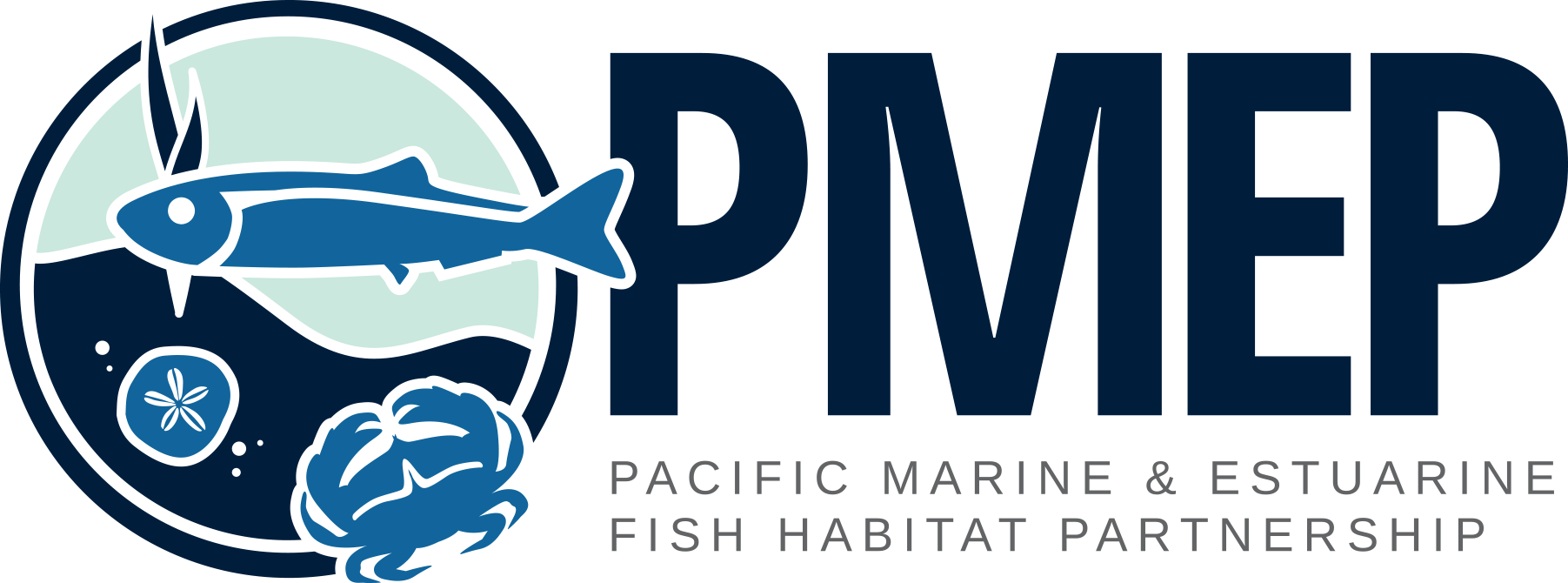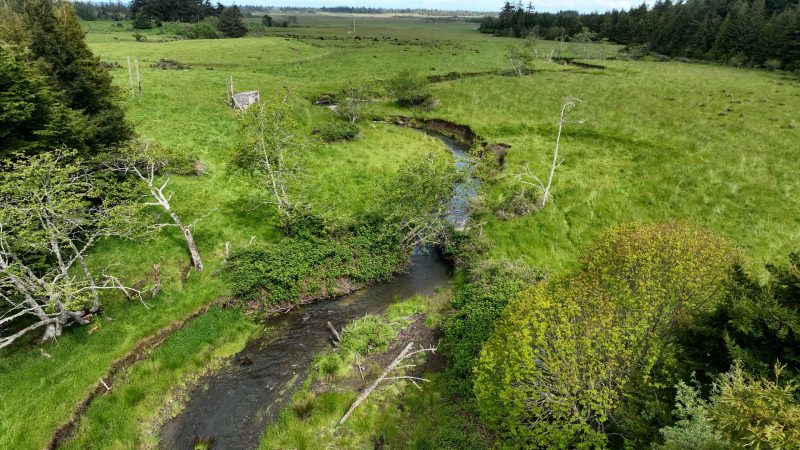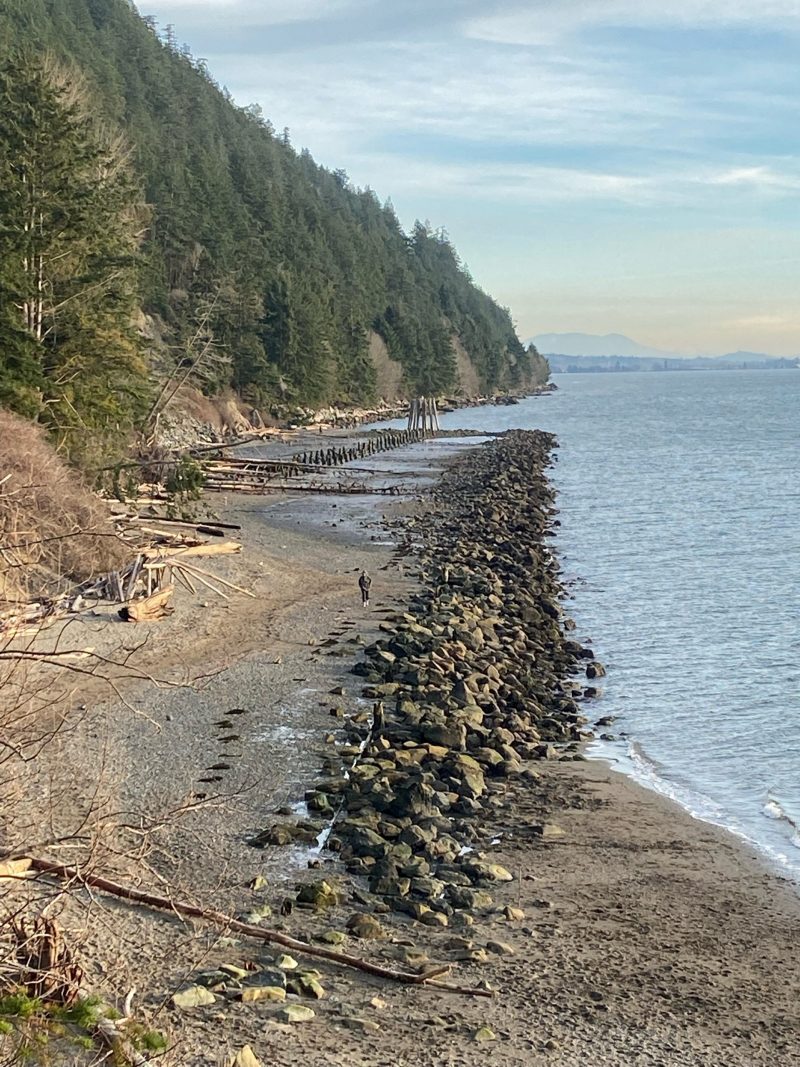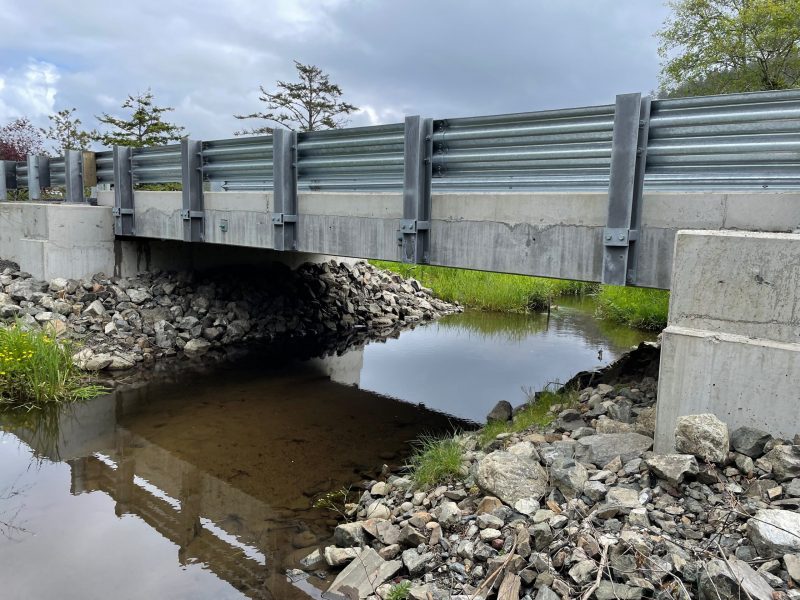The Curry Soil and Water Conservation District will restore channel processes, floodplain connectivity, instream and off-channel habitat, and 19 acres of native riparian forest on 2,500 feet of Morton Creek, which at present, is deeply incised and severely impacted by grazing. Restoration will enhance rearing, spawning, and migration habitat for coho salmon and steelhead; as well as Pacific lamprey. Restoration will improve water quality and reduce sedimentation in ~470 acres of freshwater wetland adjacent to the New River estuary. Project will also install riparian fencing and off-channel water to facilitate livestock grazing outside the stream corridor. The project goals are to improve water quality and instream habitat; restore floodplain connectivity and dynamic fluvial processes; enhance fish migration between upstream spawning and downstream rearing habitat; stabilize chronic bank erosion; and prevent pollutant loading to downstream fresh water wetlands and the New River estuary. The project involves construction of 2,500 feet of stream channel, 5.4 acres of floodplain topography, 800 feet of off-channel aquatic habitat, 20-30 instream log structures, 2 vehicle bridges, 2,500 feet of livestock exclusion fence, and an off-stream livestock water system; and the project will plant and maintain 21,000 seedlings, to restore 19 acres of native riparian forest.



